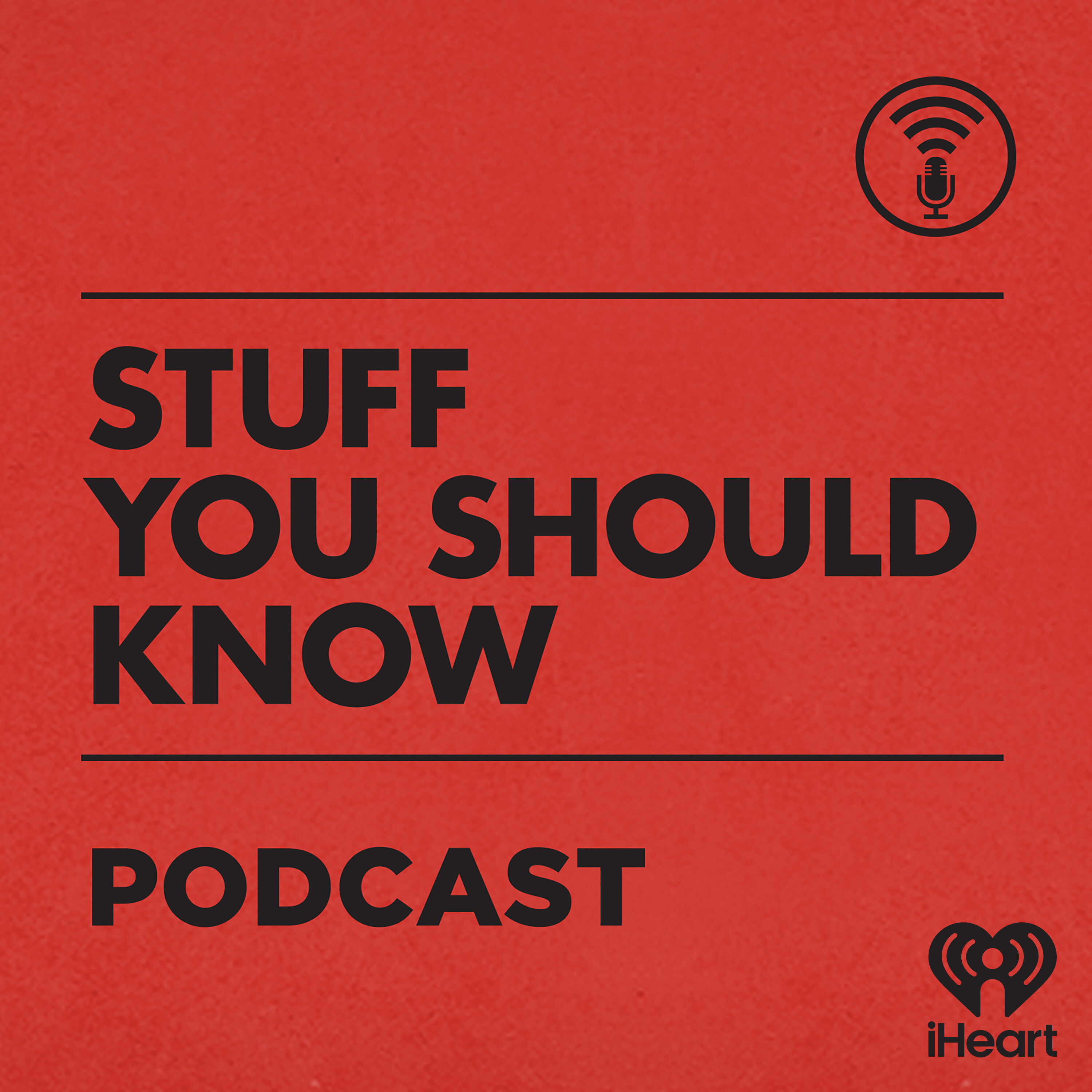Chapter

The History of Childhood Labor in America
The concept of childhood as a distinct period of life is a relatively recent notion. Jared Diamond and Adam Gopnik discuss how the Protestant work ethic and the Industrial Revolution ultimately led to the exploitation and elimination of childhood in America.
Clips
In this podcast, the speaker reflects on the lost childhood in earlier years of America where children as young as 14 weren't allowed to enjoy their childhood, but instead were working hard on the farms, in the house alongside their siblings and parents as per the Protestant work ethic that Puritans brought over.
05:45 - 08:19 (02:33)
Summary
In this podcast, the speaker reflects on the lost childhood in earlier years of America where children as young as 14 weren't allowed to enjoy their childhood, but instead were working hard on the farms, in the house alongside their siblings and parents as per the Protestant work ethic that Puritans brought over.
ChapterThe History of Childhood Labor in America
EpisodeChild Labor: Not Funny
PodcastStuff You Should Know
The origin of child labor in America can be traced back to the need for extra workers to keep families alive.
08:19 - 09:35 (01:16)
Summary
The origin of child labor in America can be traced back to the need for extra workers to keep families alive. This differed from the Puritan work ethic and instead was driven by the necessity of survival.
ChapterThe History of Childhood Labor in America
EpisodeChild Labor: Not Funny
PodcastStuff You Should Know
The second industrial revolution brought about an increase in child labor due to the rise of the steel industry, coal mining and railroads, where four to ten-year-olds worked 12 to 25 cents a day for long hours.
09:35 - 12:17 (02:42)
Summary
The second industrial revolution brought about an increase in child labor due to the rise of the steel industry, coal mining and railroads, where four to ten-year-olds worked 12 to 25 cents a day for long hours. Unregulated capitalism enabled the economy to take advantage of child labor before it eventually diminished.
ChapterThe History of Childhood Labor in America
EpisodeChild Labor: Not Funny
PodcastStuff You Should Know
The industrial revolution marked a period of enormous economic development but also resulted in the exploitation of child laborers who were overworked and paid poorly.
12:17 - 14:10 (01:52)
Summary
The industrial revolution marked a period of enormous economic development but also resulted in the exploitation of child laborers who were overworked and paid poorly. Despite the robber barons' success, a lot of children were trampled underfoot.